Aurora “marks a pivotal milestone” on the path to useful quantum computers.


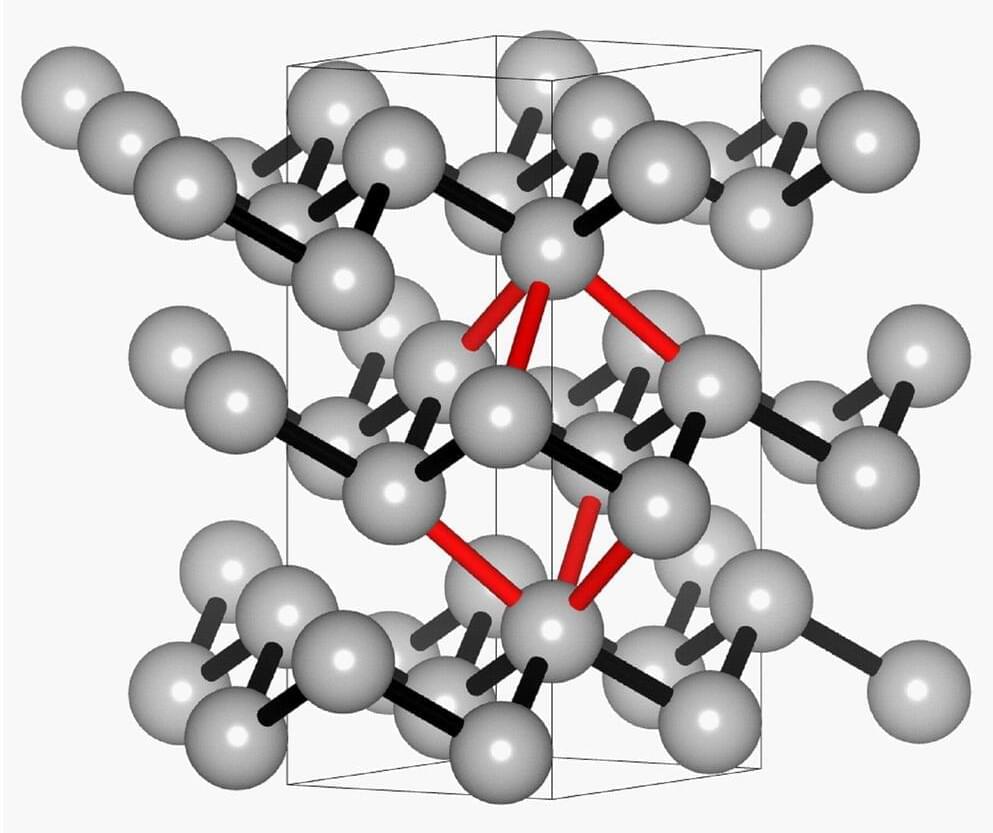
A new study that provides unprecedented insights into the chemical bonding of antimony could have a profound impact on materials research. The collaboration between scientists from Leipzig University, RWTH Aachen University and the DESY synchrotron in Hamburg combined experimental measurements with theoretical calculations.
The findings will help scientists to better understand phase change materials and, in particular, improve their application in data storage and thermoelectrics. The research has now been published in Advanced Materials.
The study combined experimental measurements with theoretical calculations, with the aim of analyzing the nature and strength of the chemical bonding in antimony. “The strength of a bond depends directly on the distance between the atoms,” says Professor Claudia S. Schnohr of the Felix Bloch Institute for Solid State Physics at Leipzig University, adding that comparisons with other materials such as metals and semiconductors show that this distance dependence is characteristic of the type of chemical bond.
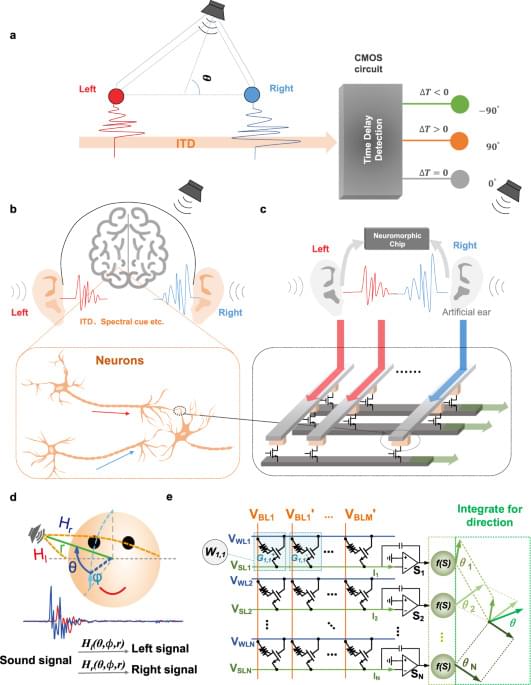
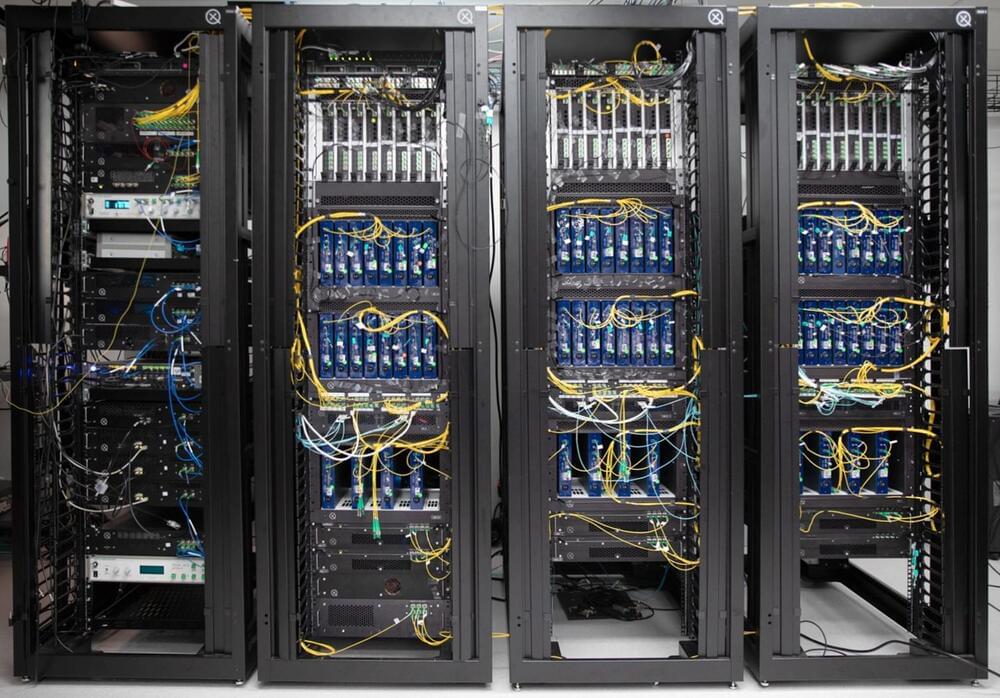

Quantum computing researchers at Northwestern University report a new take on quantum compilers helped improve the efficiency and reliability of “chiplet-based” modular quantum computers.
Although it sounds like something that might be in a bag next to the pretzels at your next party, chiplets are, in fact, an intriguing approach to building quantum computers. As we’ll discover later, they are small, modular pieces of a computer processor that are designed to function as a building block for creating larger, more complex chips.
In a recent study posted on arXiv, a team of Northwestern University researchers report their Stratify-Elaborate Quantum Compiler (SEQC) boosts circuit fidelity by up to 36% and speeds up compilation by 2 to 4 times compared to existing tools, addressing critical scalability challenges in this emerging era of chiplet-based quantum systems.
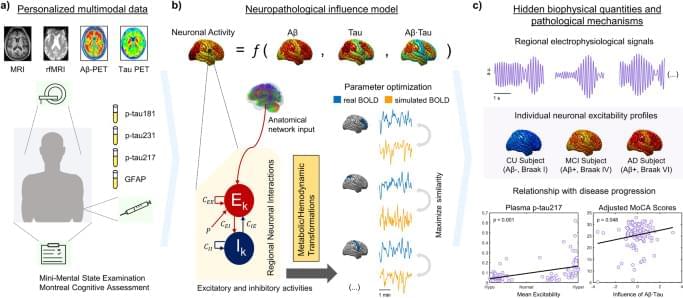
Alzheimer’s disease (AD) is defined by synaptic and neuronal degeneration and loss accompanied by amyloid beta (Aβ) plaques and tau neurofibrillary tangles (NFTs)1,2,3. In vivo animal experiments indicate that both Aβ and tau pathologies synergistically interact to impair neuronal circuits4. For example, the hypersynchronous epileptiform activity observed in over 60% of AD cases5 may be generated by surrounding Aβ and/or tau deposition yielding neuronal network hyperactivity5,6. Cortical and hippocampal network hyperexcitability precedes memory impairment in AD models7,8. In an apparent feedback loop, endogenous neuronal activity, in turn, regulates Aβ aggregation, in both animal models and computational simulations9,10. Multiple other factors involved in AD pathogenesis-remarkably, neuroinflammatory dysregulations-also seemingly influence neuronal firing and act on hypo/hyperexcitation patterns11,12,13. Thus, mounting evidence suggest that neuronal excitability changes are a key mechanistic event appearing early in AD and a tentative therapeutic target to reverse disease symptoms3,4,7,14. However, the exact patterns of Aβ, tau and other disease factors’ neuronal activity alterations in AD’s neurodegenerative progression are unclear as in vivo and non-invasive measuring of neuronal excitability in human subjects remains impractical.
Brain imaging and electrophysiological monitoring constitute a reliable readout for brain network degeneration likely associating with AD’s neuro-functional alterations3,15,16,17,18. Patients present distinct resting-state blood-oxygen-level-dependent (BOLD) signal content in the low frequency fluctuations range (0.01–0.08 Hz)16,19. These differences increase with disease progression, from cognitively unimpaired (CU) controls to mild cognitive impairment (MCI) to AD, correlating with performance on cognitive tests16. Another characteristic functional change is the slowing of the electro-(magneto-) encephalogram (E/MEG), with the signal shifting towards low frequency bands15,18. Electrophysiological spectral changes associate with brain atrophy and with losing connections to hub regions including the hippocampus, occipital and posterior areas of the default mode network20. All these damages are known to occur in parallel with cognitive impairment20. Disease processes also manifest differently given subject-specific genetic and environmental conditions1,21. Models of multiple pathological markers and physiology represent a promising avenue for revealing the connection between individual AD fingerprints and cognitive deficits3,18,22.
In effect, large-scale neuronal dynamical models of brain re-organization have been used to test disease-specific hypotheses by focusing on the corresponding causal mechanisms23,24,25. By considering brain topology (the structural connectome18) and regional profiles of a pathological agent24, it is possible to recreate how a disorder develops, providing supportive or conflicting evidence on the validity of a hypothesis23. Generative models follow average activity in relatively large groups of excitatory and inhibitory neurons (neural masses), with large-scale interactions generating E/MEG signals and/or functional MRI observations26. Through neural mass modeling, personalized virtual brains were built to describe Aβ pathology effects on AD-related EEG slowing25 and several hypotheses for neuronal hyperactivation have been tested27. Simulated resting-state functional MRI across the AD spectrum was used to estimate biophysical parameters associated with cognitive deterioration28. In addition, different intervention strategies to counter neuronal hyperactivity in AD have been tested10,22. Notably, comprehensive computational approaches combining pathophysiological patterns and functional network alterations allow the quantification of non-observable biological parameters29 like neuronal excitability values in a subject-specific basis1,3,18,21,23,24, facilitating the design of personalized treatments targeting the root cause(s) of functional alterations in AD.
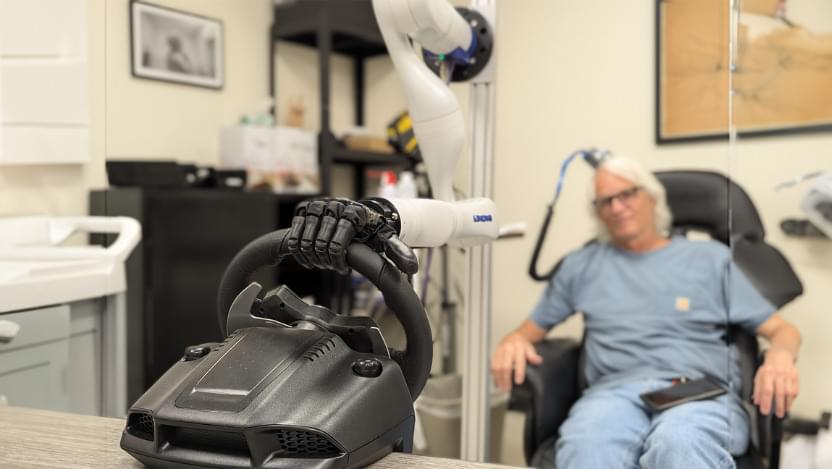
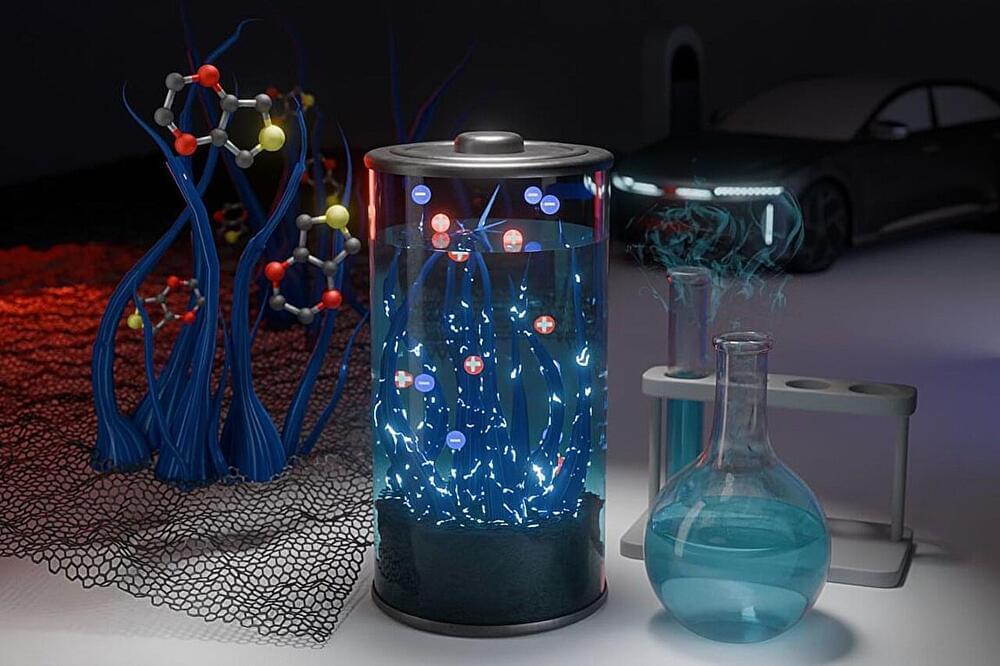
Microscale light-emitting diodes (micro-LEDs) are emerging as a next-generation display technology for optical communications, augmented and virtual reality, and wearable devices. Metal-halide perovskites show great potential for efficient light emission, long-range carrier transport, and scalable manufacturing, making them potentially ideal candidates for bright LED displays.
However, manufacturing thin-film perovskites suitable for micro-LED displays faces serious challenges. For example, thin-film perovskites may exhibit inhomogeneous light emission, and their surfaces may be unstable when subjected to lithography. For these reasons, solutions are needed to make thin-film perovskites compatible with micro-LED devices.
Recently, a team of Chinese researchers led by Professor Wu Yuchen at the Technical Institute of Physics and Chemistry of the Chinese Academy of Sciences has made significant strides in overcoming these challenges. The team has developed a novel method for the remote epitaxial growth of continuous crystalline perovskite thin films. This advance allows for seamless integration into ultrahigh-resolution micro-LEDs with pixels less than 5 μm.

Ferroelectrics at the nanoscale exhibit a wealth of polar and sometimes swirling (chiral) electromagnetic textures that not only represent fascinating physics, but also promise applications in future nanoelectronics. For example, ultra-high-density data storage or extremely energy-efficient field-effect transistors. However, a sticking point has been the stability of these topological textures and how they can be controlled and steered by an external electrical or optical stimulus.
A team led by Prof. Catherine Dubourdieu (HZB and FU Berlin) has now published a paper in Nature Communications that opens up new perspectives. Together with partners from the CEMES-CNRS in Toulouse, the University of Picardie in Amiens and the Jozef Stefan Institute in Ljubljana, they have thoroughly investigated a particularly interesting class of nanoislands on silicon and explored their suitability for electrical manipulation.
“We have produced BaTiO3 nanostructures that form tiny islands on a silicon substrate,” explains Dubourdieu. The nano-islands are trapezoidal in shape, with dimensions of 30–60 nm (on top), and have stable polarization domains.
